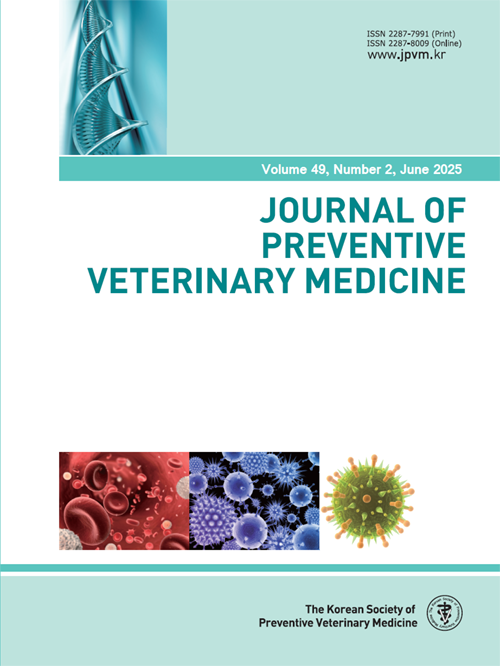Emerging RNA viruses continue to pose serious threats to animal and human health, necessitating the development of broad-spectrum antiviral agents within a One Health framework. In this study, we evaluated the antiviral potential of Desmodesmus multivariabilis extracts against three representative RNA viruses: influenza A virus (IAV), porcine epidemic diarrhea virus (PEDV), and hepatitis A virus (HAV). Extracts derived from four closely related microalgal isolates were tested using pre- and post-treatment protocols in vitro. Among them, strain ME749 demonstrated the most potent and consistent antiviral activity, with low cytotoxicity and high selectivity index (SI), particularly against IAV (SI = 23.8), followed by PEDV (SI = 10.7) and HAV (SI = 6.2). ME752 also showed moderate antiviral efficacy. RT-qPCR confirmed significant reductions in viral RNA levels for all three viruses, with ME749 achieving up to 3-log₁₀ reduction in IAV and 2.4-log₁₀ reduction in HAV. These results suggest that the antiviral effect may be mediated through mechanisms beyond direct virucidal activity, potentially involving host immune modulation. Although the active compounds remain unidentified, carotenoids are hypothesized as key bioactive components. This study highlights Desmodesmus multivariabilis, particularly ME749, as a promising source of novel, natural antiviral agents with applications in both veterinary and zoonotic disease control. Future studies including metabolomic profiling, mechanism-of-action analyses, and in vivo validation are warranted to further explore its potential in combating current and emerging RNA virus threats.




